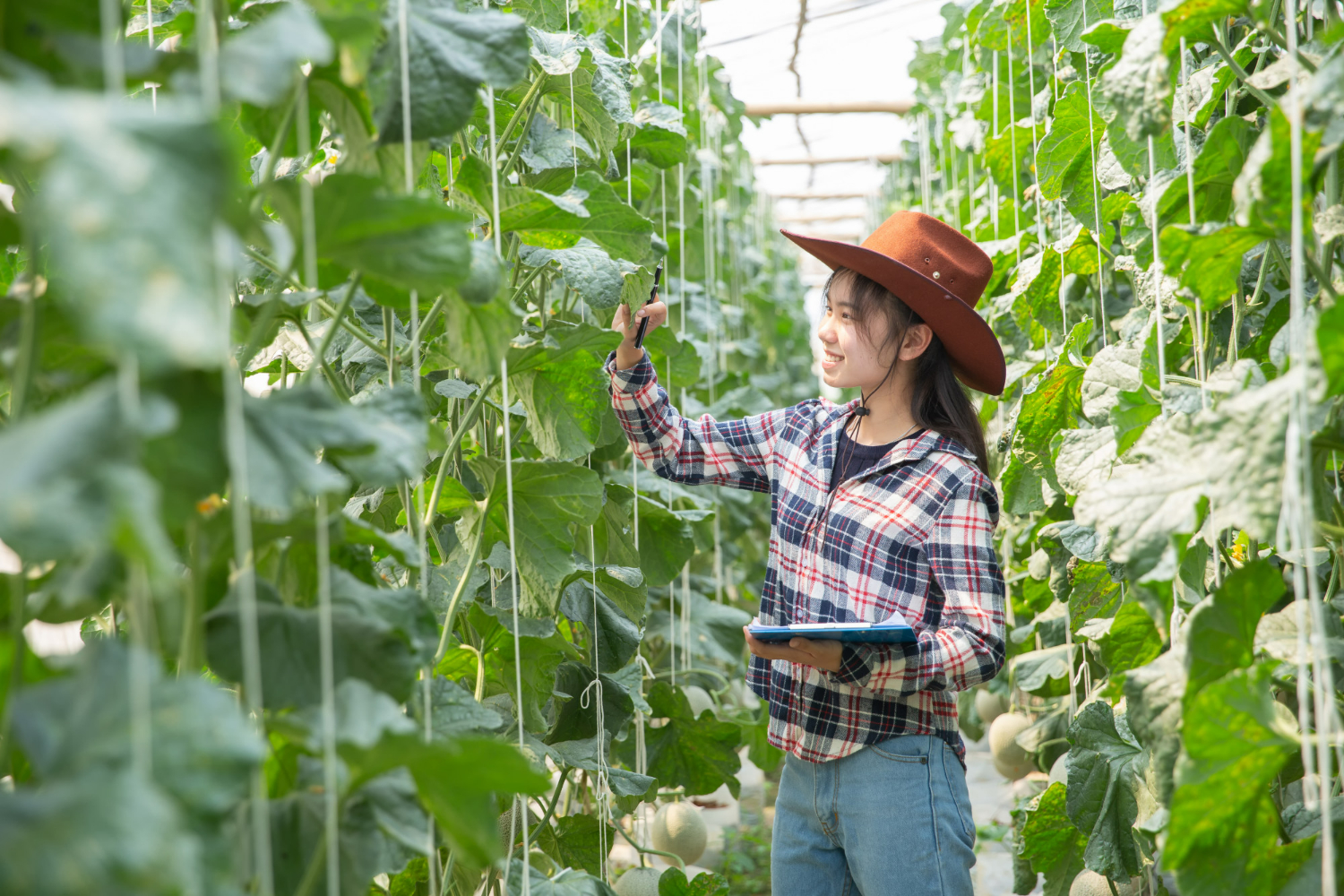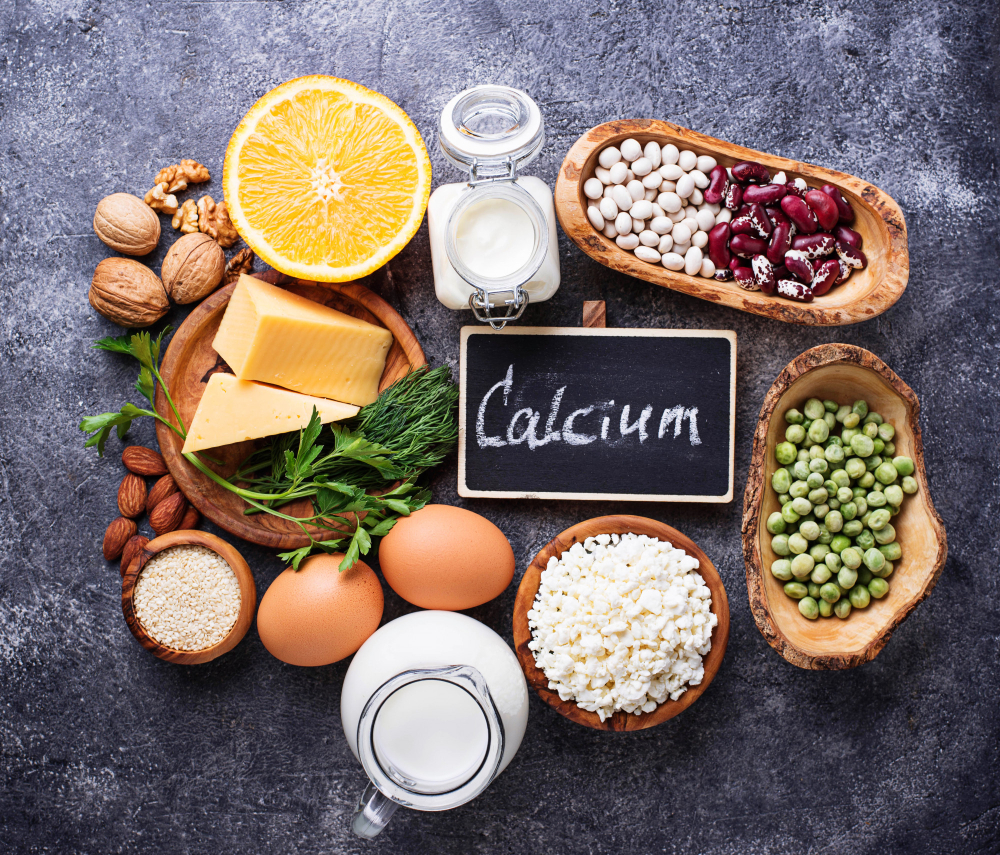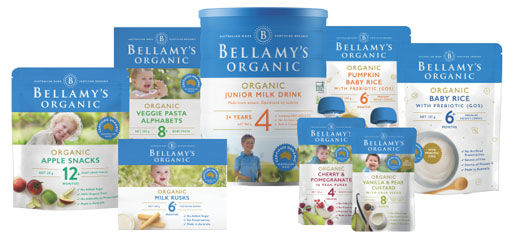How Can Organic Agriculture Help Farmers?
Besides enormous health benefits offered to consumers, organic agriculture also helps promote farmers’ well-being, reported in a new study by the National Academy of Sciences (US). Find out more in this article!

1. Increasing farmers revenue
In the first large-scale study examining economic performance of two types of farming (conventional vs. organic), it is concluded that organic agriculture ensures high profitability for farmers.
This study is conducted by David Crowder, Ph.D., and John Reganold, Ph.D., researchers from Washington State University, in The Proceedings of the National Academy of Sciences (US). Their research takes into account farming activities from 14 countries, spanning five continents.
In particular, the report shows organic farmers are guaranteed a premium level 29-32% higher than conventional farming workers. While organic farming often yields lower output than traditional one (18% lower in this study), it is worth noticing the breakeven point for organic agriculture was 5-7%. Moreover, recent decades have witnessed the sharp rise in organic food’s price, making profit organic food now on the average higher than that of conventional one.
The profitability of organic farming is even of much more potential, taking into account the growth in the past 40 years and in the future
The authors point out that government policies adopting organic farming, increasing open trade, and widespread awareness of healthy lifestyle will guarantee profitability of organic farming in the future..
2. Expanding employment
The answer for organic farming boosts employment is rather explicit, as organic farming requires no use of chemical pesticide or fertilizers, more labors are needed on farms to take care of the crops, particularly for the mechanical pest control activities.
The benefit of this is not only to expanding the workforce in agriculture’s sectors, but also to attract more labours, especially young workers to field of organic farming, which is potential and in demand for more investment.

3. Promoting sustainable agriculture
For those who are not familiar, it is of basic standard that in organic farming, farmers must not intervene in natural conditions of the farming land. The purpose of this is to ensure soil health and biodiversity of microorganisms, minimize nitrate leaching and pesticides absorbed in the land.
Moreover, to succeed in marketing organic products to both domestic and international markets these days, it is essential farmers become certified organic producers, which means going through a three-year period of converting your farms into ones of required standards. In the meantime, farmers must elaborate on how their land was managed and guarantee no synthetic chemicals and fertilizers were used.
Other requirements on production, processing, distribution, etc, vary in accordance with the products farmers supply are undoubtedly a must be strictly followed.
Ultimately, farmers can satisfy the rising demand for organic food and gain financially while still preserving their farms for long-term use and also the health of nature where they live.
Reference:
- Organic Food: Good for You and Profitable for Farmers – Healthline: https://www.healthline.com/health-news/organic-food-good-for-you-profitable-for-farmers-060115
Featured post
-
05 Diet Plans That Are Good For Your Health
31/07/2022
-
Best Times to Sleep for Adults & Children
01/06/2022








